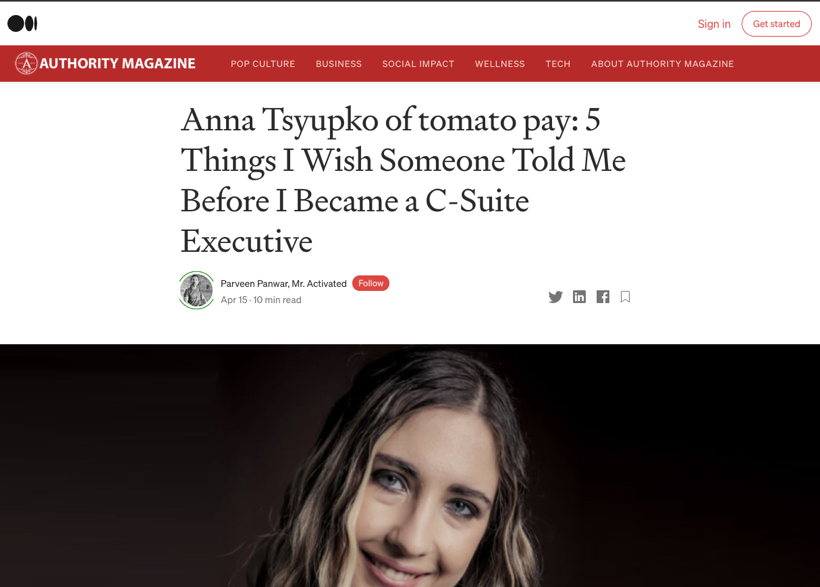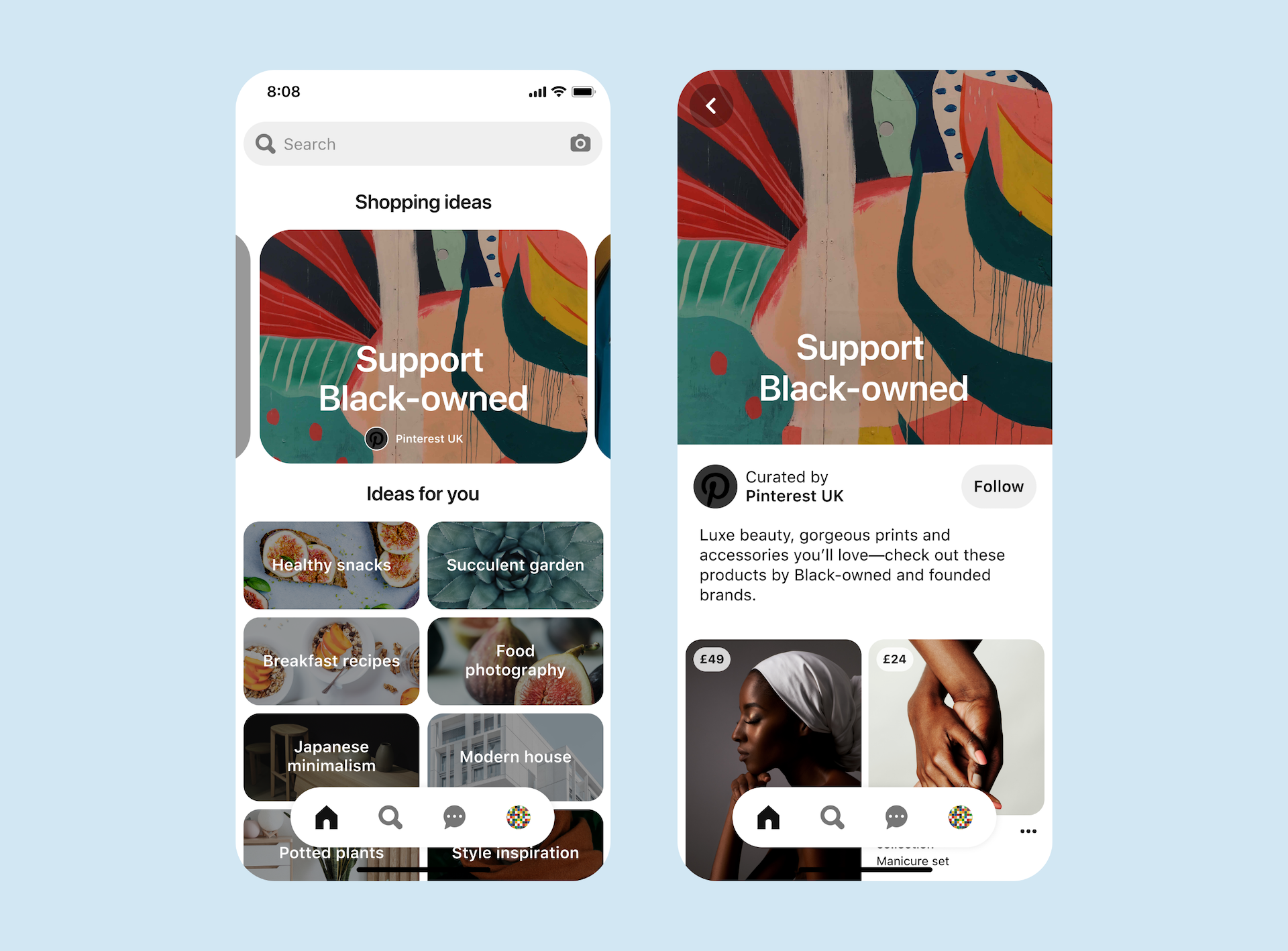Happy International Women’s Day (IWD)! Every year, a theme is bestowed on the day, and after a year of trials and tribulations the theme chosen for 2021 is #ChoosetoChallenge; a challenging world is an alert world, and from challenge comes change.
On this day, at tomato pay, we like to celebrate IWD by publishing content celebrating the work of women and their accomplishments and open a dialogue with the whole team to better understand the importance of the day and the struggles women have had to face.
Although IWD is one day a year, and Women’s History Month is also celebrated in March, we know that equality is something we have to consider all year round.
We are always eager to challenge our structures and ways of thinking. As a team, we ensure that we are constantly learning about the communities that have been discriminated against personally and professionally. Women are still facing inequality and oppression inside and outside of the workplace. Sadly, with covid, the situation has worsened and forced the emancipation process to take a back seat.
Before we get into our interviews with both the incredible Mandy Nyarko, and Deepali Nangia, we wanted to bring to light the challenges women have faced recently.
Catalyst reported that women are 24% more likely than men to lose their jobs due to the pandemic. This is added to the fact that women are already less likely to participate in the labour force anyway.
Although there has been a significant increase globally in women pursuing higher education in recent years, to-date only 46.9% of all women are participating in the labour force compared to 74.4% men.
Women are already spending an average of four hours and 22 minutes per day on unpaid labour. In comparison, men only spend two hours and 15 mins. Covid has increased this gap -- women are now spending 15 hours more in unpaid labour each week.
Mckinsey also found out that women, especially women who are not White, are more likely to be laid off or furloughed. Many working mothers have had to work double shifts to support their families throughout the pandemic. In particular, Black women who are already facing barriers to their advancement, now have to cope with the double hit of being a woman, and dealing with the disproportionate impact of the pandemic on the Black community.
And although covid has exacerbated these issues, pre-March 2020, women were already severely underrepresented in leadership positions. The Fortune Global 500 Companies list counted only 13 women (2.6%) as CEOs, and all of them were White. The pandemic further advanced the likelihood of companies losing their female employees in leadership positions, as many have had little support at work.
If we take a look closer to home (the financial community and tech community), we see that PwC discovered that only 23% of people working in STEM in the UK are female. Even worse, women only make up 5% of leadership positions in the technology industry.
We believe that the technology industry should play a bigger role in educating young people about the benefits of technology and how it is changing the world we live in. This would increase the number of women studying STEM subjects at school and university. It is crucial to bring to light visible role models for women who want to make it into the technology sector. More female representation in the technology sector would help to increase the interest in the industry and shift the perception from technology being male-dominated to female-led and moving towards equality.
We had the privilege to speak to two established and successful women working in tech who are doing their part to help women succeed, flourish and inspire hope by sharing their opinions and stories.
Mandy Nyarko worked within the financial services industry, and was previously employed at Santander and Royal Bank of Scotland Group. After finding her way into the tech industry through working for accelerators and venture capital, she has now co-founded her own business: Startup Discovery School.
There, she is helping tech founders from all backgrounds to build traction and secure early-stage investment. She is a pioneer of culture transformation and passionate about helping the development of women entrepreneurs and people from different ethnic backgrounds.
She tells us that according to the Rate my Investor report, 71% of venture capital goes to White founders and only 10% go to women. Furthermore and even worse, only 1% go to Black founders and from that number, only 16% are women. She has made it her mission to support founders who are underrepresented and overlooked. She does that not only through financial and technical help but also by working with them on their confidence levels, the ‘bias skills’. An example she tells us -- when women are fundraising, they always ask down to the penny of what they need, and lead the conversation with hard metrics while men tend to ask for more money and focus more on the bigger vision.
Although she sees changes in the tech industry, from a geographic perspective, she knows that there is still a lot of work to be done. She believes that only by understanding the unique challenges that come with being a female tech founder, like not having the same technical expertise or contacts as certain men, can we provide the right vehicles to ensure women are being supported in business . She also acknowledges that there is not only a gender gap but also a promotion gap that is preventing many women from getting where they deserve.
Businesses such as the Startup Discovery School are crucial to reach those outliers that would not be touched by the average investment journey. These organisations are hearing out founders that simply do not get the nurturing or pipeline they deserve. She tells me that 90% of founders that turn to her are from ethnic minorities and 70% are female: “If we didn’t exist, we wouldn't find those outliers who are behind amazing business models”.
Mandy ‘chooses to challenge’ every day in her working life by challenging systemic structures around race and gender. “I chose to challenge myself knowing that I had a lot more to give and make a positive impact on society”.
Advice that she would give to the future generation of women entering tech is to believe in yourself. “You know you have a calling, stand up, rise-up and believe that you can do it”.
Our second discussion was with Deepali Nangia, an investor and mentor for early-stage startups in tech with a focus on female entrepreneurship. She has a long-standing reputation as an advisor and an investor (Atomico angel) focused on female founders. She also recently jointed Speedinvest as a Venture Partner with a focus on female founders.
She believes that the tech industry has changed a lot over the years. There are way more women that are now building large businesses and targeting the underserved. Although the percentages are still small, “it is a great time for a female founder, to start a business, and to raise funding”.
Through her work, she notices that a lot more funds are now asking about female-led companies. This positive development is not only advanced by female investment managers but also by male general partners. She quotes Bumble as a great success story that will encourage more investment being distributed to female founders.
She is also very grateful that most people she has worked with understand that there is a problem, “a gap to be bridged, a change that needs to happen”. She has always received a lot of encouragement from both female founders and men within the ecosystem.
She believes that there is still an “unconscious and conscious bias, with unconscious bias even harder to tackle”. Many women have to decide between their jobs and their families and are choose to work as a freelancer to manage both. “On average it takes more than 10 years for a woman in freelance work to get to the same level of earnings as she had before having children”.
The advice she would give to the future generation of women entering tech would be to “be who you want to be, and don't let anyone tell you otherwise. Talk about your accomplishments, write them down and shout about them. It isn't bragging, it’s being proud of all that you are doing. Own your success”
As for Black History Month, LGBTQ+ History Month, the message remains during International Women’s Day: no matter someone’s race, gender or sexuality, everyone deserves a fair chance in the world we live in. Only through understanding and accepting our differences and making sure we lead a life that is open-minded and kind, we can achieve great things in our professional and personal lives.
You can see our blogs on incredible women such as Helene Panzarino (podcast also coming out soon), Viola Llewellyn, Kristy Duncan, and the women at tomato pay's take on diversity within the fintech industry here. Plus blogs covering what it means to be diverse at tomato pay, and our support for the Black Lives Matters movement, how to support Black-owned businesses (interview with Hannah Ngakane, Pinterest’s Strategic Partnership Manager), and what it’s like for our very own Anup Parmar (Community Manager Intern) to be a part of the LGBTQ+ community within fintech. Plus content not focusing on IWD itself but bringing established women within the fintech industry to the forefront with their opinions on payments (Klarna’s Nina Mohanty), and the future of Open Banking (Akoni’s Felicia Meyerowitz-Singh, MoneyHub’s Samantha Seaton, and CommsAlchemist’s Amy Kroviak - formerly of the OBIE).
If you would like to be a part of our diverse team (we’re hiring for many roles), then please visit our careers page.






